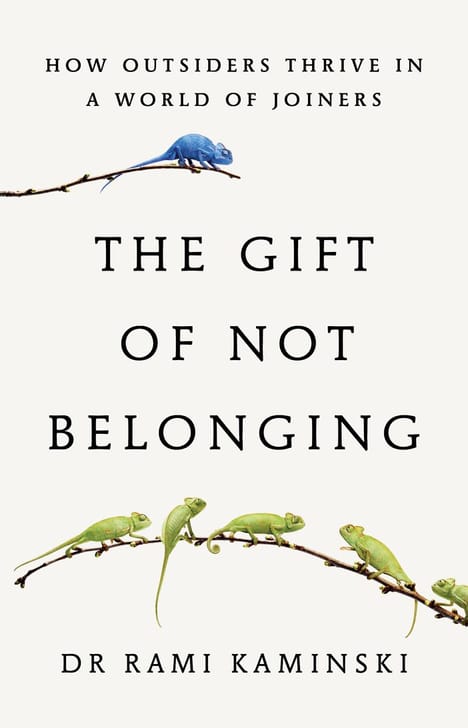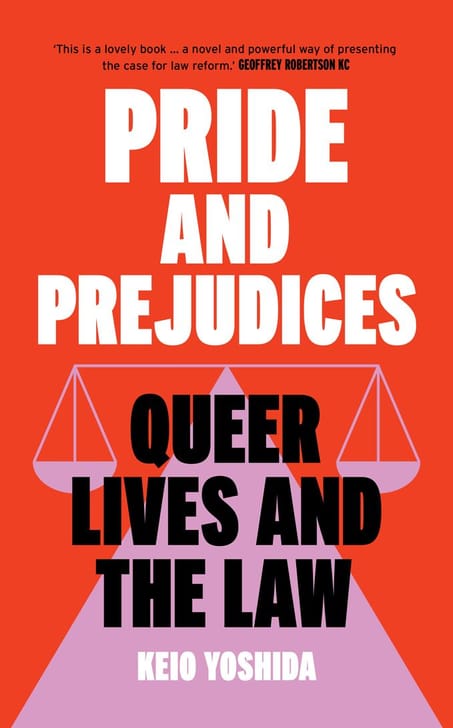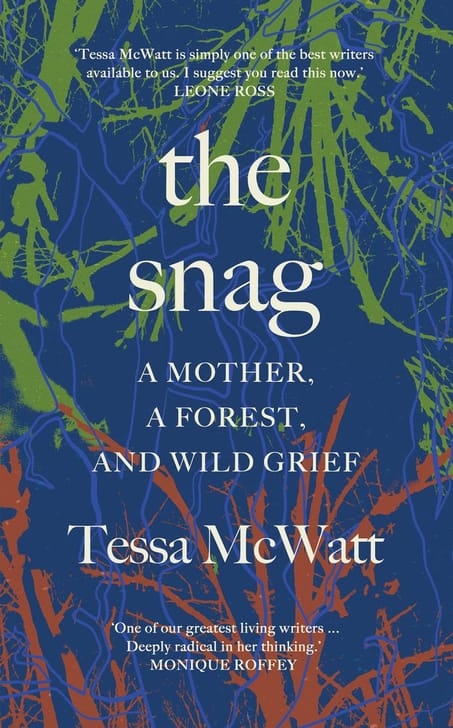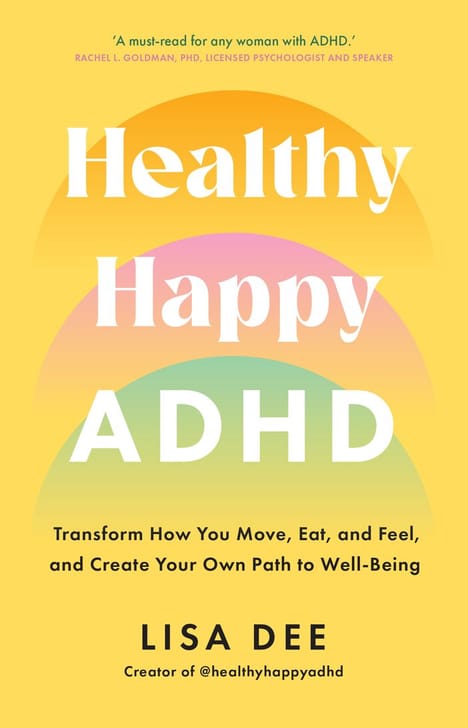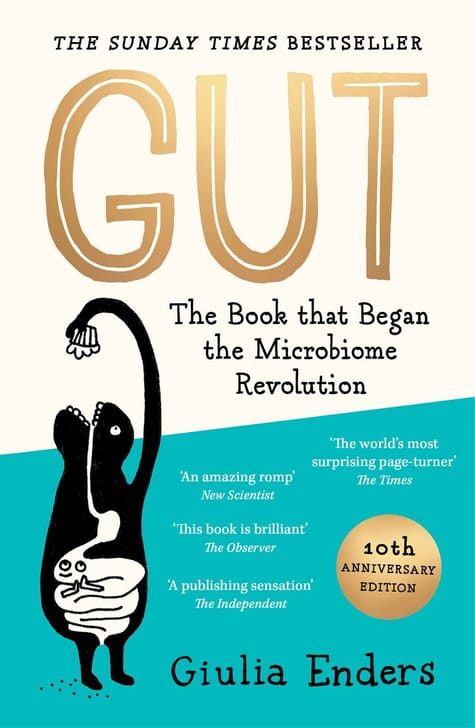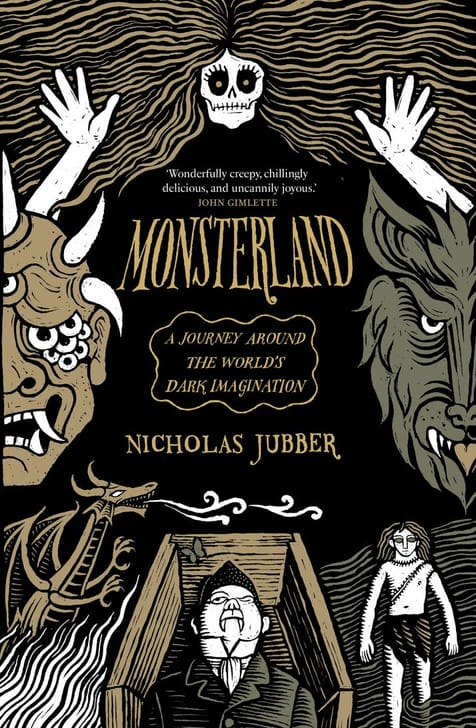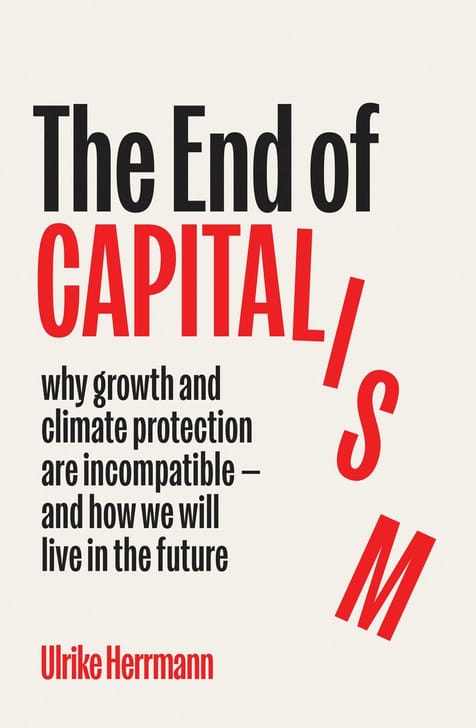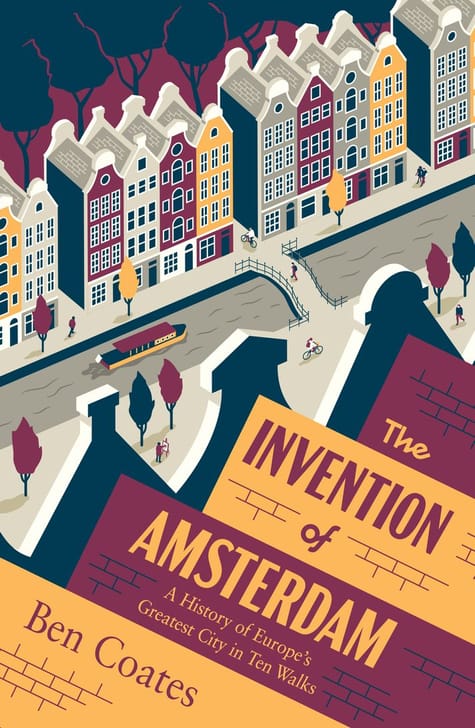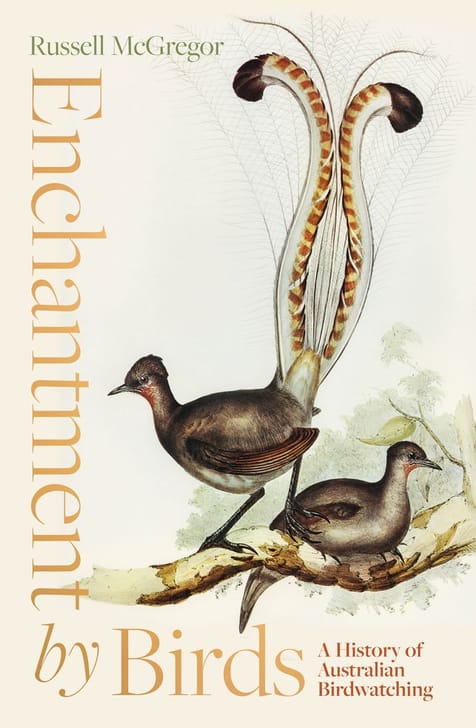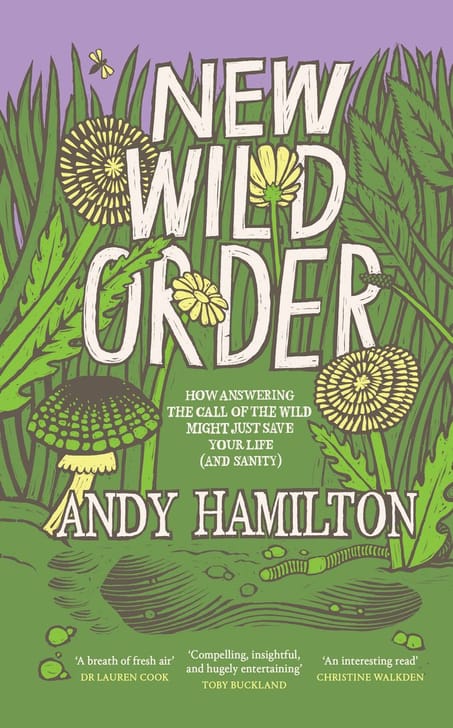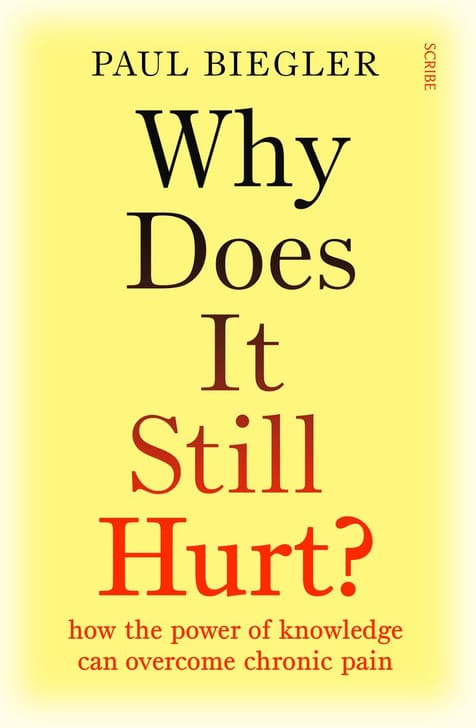
Why Does It Still Hurt?:
how the power of knowledge can overcome chronic pain
Why Does It Still Hurt?:
how the power of knowledge can overcome chronic pain
Overview
Almost half of adults in the UK suffer from chronic pain. Yet this is often unrelated to any physical injury. So why does it still hurt?
Research over the last few decades shows that many of us are victims of a devilish trick of the nervous system: our brains prolong pain long after our bodies have healed from injury. This leads to hundreds of billions of pounds being spent each year on treatments that sometimes do nothing and sometimes make matters worse.
Paul Biegler, a science journalist and former doctor who has been on his own pain journey, investigates the true source of chronic pain — our brain’s so-called neuroplasticity — and emerging therapies that can rewire the brain and end suffering. As he knows only too well, this doesn’t mean pain is all in a person’s head. Pain is real, but its meaning is often misunderstood.
Through conversations with scientists, doctors, and people who have overcome chronic pain, Biegler shines a light on the rigorous new studies — and emotional personal stories — that are changing the way we understand and treat pain. Most importantly, he shows how to take control over persistent pain and truly heal.
Details
- Format
- Size
- Extent
- ISBN
- RRP
- Pub date
- Paperback
- 234mm x 153mm
- 304 pages
- 9781914484155
- GBP£16.99
- 12 January 2023
Praise
‘As someone who lived with chronic pain for decades, I can’t recommend this book highly enough.’
‘Why Does It Still Hurt? convincingly asks us to look beyond the usual offerings for pain — painkillers, surgeries, even replacement body parts — to psychological methods that challenge how we usually respond to physical suffering. By book’s end, Biegler says it’s up to us what we do with this new arsenal of knowledge. Profound possibilities are out there for treating pain that are now impossible to ignore.’
About the Author
Paul Biegler is a journalist, academic, and former specialist physician in emergency medicine. He is the author of The Ethical Treatment of Depression, which won the Australian Museum Eureka Prize for Research in Ethics.

